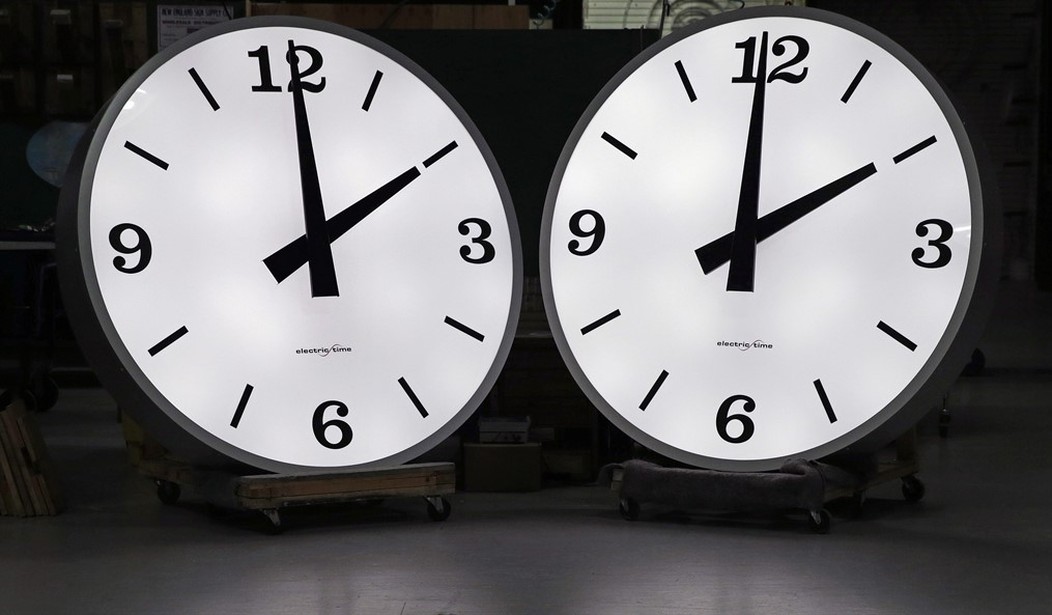I am writing an article about daylight saving time. The first thing I'm going to do is make a confession. The reason I'm writing about daylight saving time is that articles about the change in time always get good traffic. In other words, I am writing about DST because the subject is clickbait.
You can tell by the headline I used. If it made you click on my article, I humbly thank you. Let's just hope I don't drop dead because of the time change. (More on that later.)
Daylight saving time (that's "daylight" with no "s") was first used in the picturesque little town of Thunder Bay, Canada. It was...
Oh, never mind. If you want to read about the origins and the history of daylight saving time, click the link above. But then come right back because you don't want to miss this riveting, action-packed tale of watching the clock change.
Actually, I googled "daylight saving time" to find some inspiration on the subject. I discovered a kindred spirit in Amit Katwala, a science writer for Wired. He, too, had difficulty in finding a fit topic for a 700-word treatise on DST.
Of course, there are very serious points to be made. We’ve just made them all before. Changing the clocks twice a year is bad for people’s health, for the economy, and maybe even for the climate, and there have been serious efforts to stop doing it in both the US and Europe for years, only for these to continually stall. A study published last year calculated that an extra hour of daylight in the evenings would save $1.2 billion a year in the US by reducing road collisions. “Darkness kills,” said Steve Calandrillo, a University of Washington School of Law professor who studies the economics of daylight saving time, when he spoke to my colleague Amanda Hoover in March, the last time the clocks changed.
No fair cribbing from past articles to make the same point made by a co-worker. But Amit is spot on in citing studies that show how much it costs us to keep using this god-awful difference in time. The most telling stat I found was that the time change leads to an increase in heart attacks, strokes, and depression. This leads to increased healthcare costs. And do you know how much a funeral costs these days?
My advice? Get cremated. It's so romantic to think of my ashes being dumped by a plane over my hometown. Maybe I'll get lucky and they'll land on my nasty neighbor.
The actual dollar amount of the collective impact of these factors is tough to pin down, but a Chmura Economics & Analytics study from a decade ago found that the springtime change cost the U.S. economy more than $433 million.
As of 2021, Manhattan Institute senior fellow Allison Schrager reported that DST cost the airline industry alone hundreds of millions of dollars.
Despite evidence indicating changing the clocks has negative impacts on Americans’ health and the economy, the latest effort in Congress to end the practice appears stalled.
Sen. Marco Rubio, R-Fla., has been leading a bipartisan coalition for years to make what is currently DST, the new standard time.
It would be nice not to lose an hour of sleep in the spring when you turn the clocks forward. But it would also suck to gain an hour of sleep especially since, if you're like me, you forget about the change and berate yourself for not taking advantage of it.
I hope you found this clickbait article worth your time. If not, you're the one who clicked on it -- for which I thank you.










Join the conversation as a VIP Member